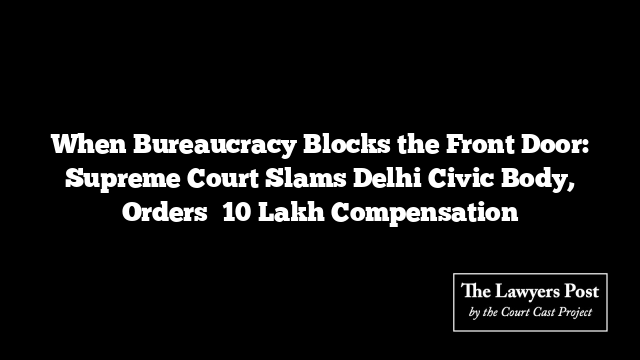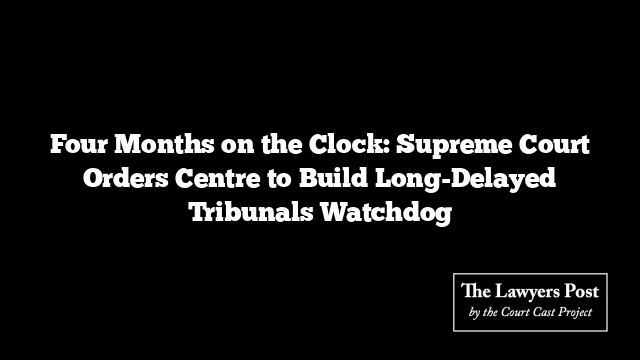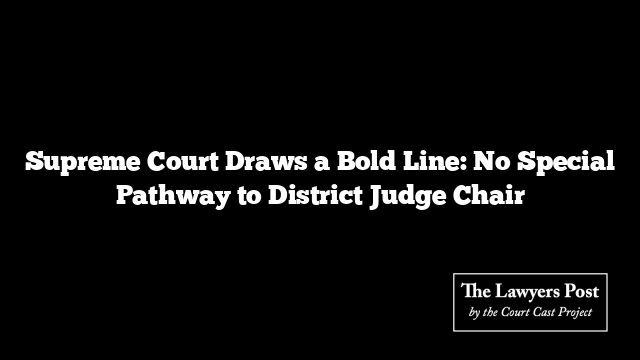In a case where red tape outlived the building it tried to control, the Supreme Court delivered a sharp rebuke to Delhi’s civic machinery—along with a ₹10 lakh penalty—after a family spent 15 years battling for permission to rebuild their crumbling ancestral home in Darya Ganj.
The family’s property, an 85-year-old structure barely standing under its own memories, was slated for demolition and reconstruction. Plans were filed back in 2010. Then came silence—years of it. With no decision emerging, the matter shifted to the Tribunal, which granted a deemed sanction. Higher forums upheld it. And yet, the civic body persisted.
Its reason? According to its reading of MPD-2021, the family must include a commercial unit on the ground floor if they wished to rebuild. A shop below, living quarters above—anything less, the corporation argued, was unacceptable.
The Supreme Court was unimpressed.
A bench of Justices J.B. Pardiwala and K.V. Viswanathan dismantled this argument with the precision of a wrecking crew. How, the judges asked, could the authorities expect a family—legally entitled to residential use—to reconfigure their home into a commercial venture merely to earn the right to live safely?
The absurdity deepened: the civic body seemed content for the family to remain in the decaying structure, but not to rebuild it unless they opened a shop.
The Court called this what it was—harassment. It noted the family’s financial constraints, long-standing residential use, and the inexplicable insistence that the house transform into a commercial outfit overnight. The Tribunal, the ADJ, and the High Court had all sided with the family earlier; the apex court saw no reason to disagree.
Photographs of the house told their own story. The structure was one season away from collapse, yet the civic body chose regulation over humanity. The Court criticized this “inhuman attitude,” highlighting how the litigation not only outlasted reasonable timelines but also inflated the family’s costs.
Taking stock of what it called an “arbitrary and high-handed” approach, the Supreme Court ordered the civic body to pay ₹10 lakh to the family and approve the residential building plan within four weeks—no commercial caveats attached.
A saga that began with a crumbling home ends with a clear message: regulations cannot be weaponized to hold citizens hostage in unsafe dwellings.





